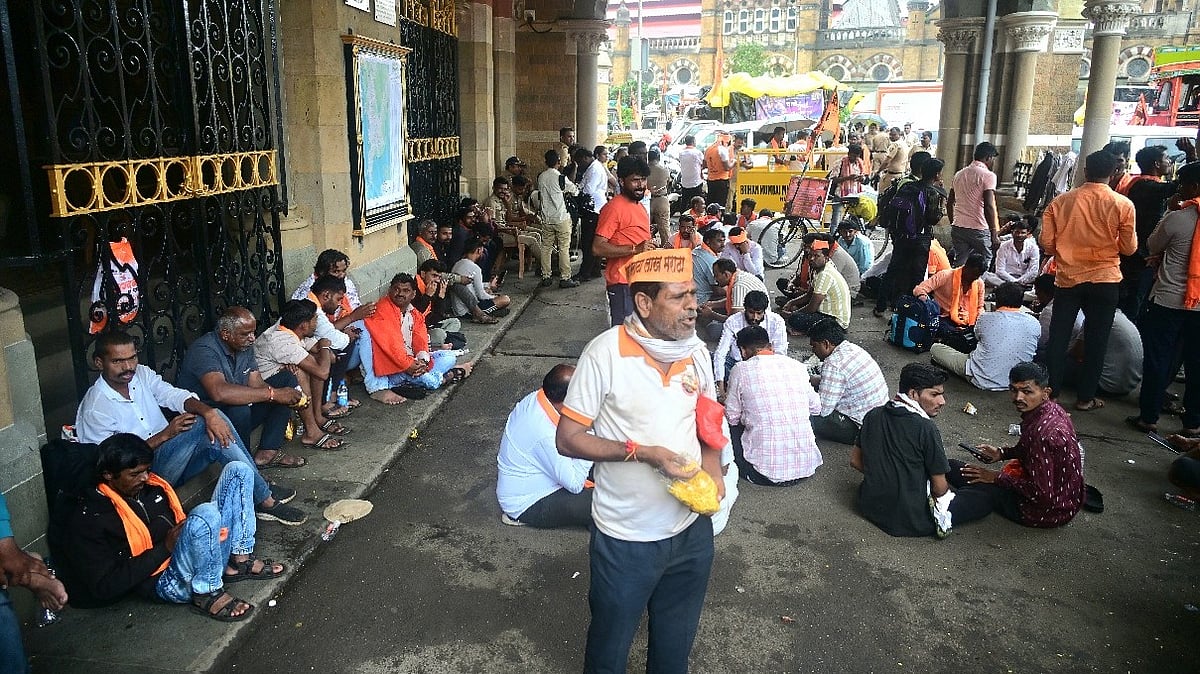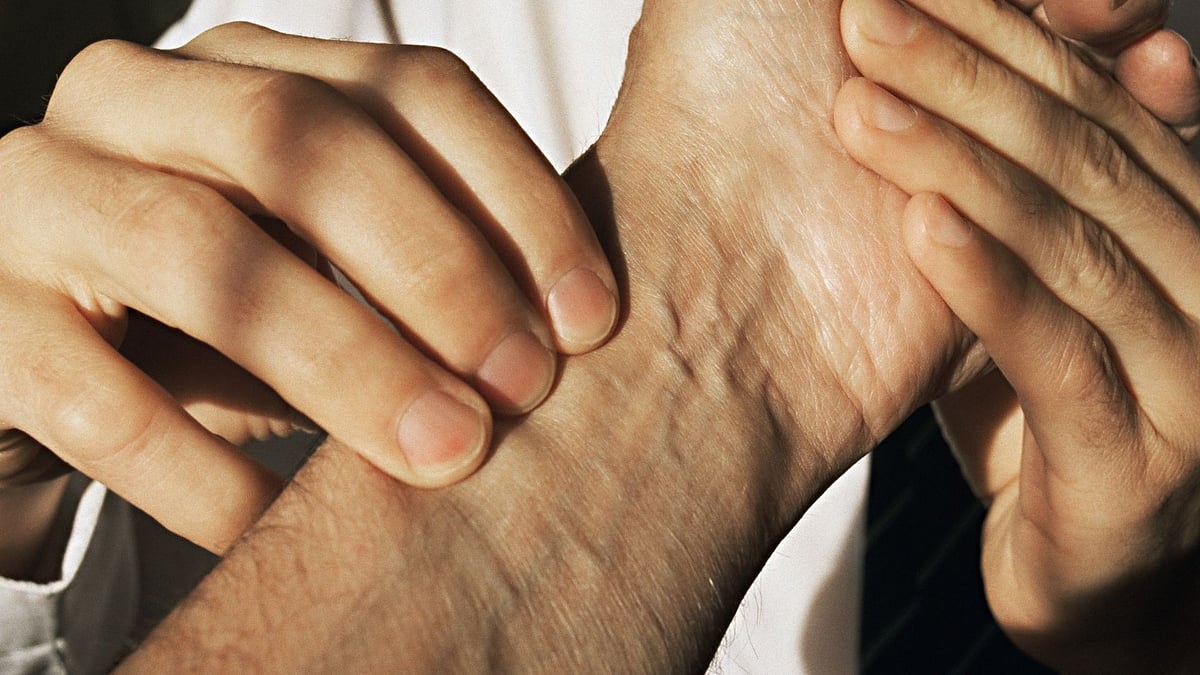Regardless of one’s religious affiliations, the holiday season often inspires feelings of warmth, joy, and belonging. However, for some people, this time of year can evoke feelings of loneliness, stress and anxiety. While some are dancing to the tunes of good music, others might want to curl up and hibernate.
Psychiatrist Dr Anjali Chhabria explains, “People usually associate happiness with holidays, the idea of meeting others and exchanging gifts and spending quality time. But a certain lot does feel otherwise. And the term coined for it is holiday blues.”
The term Holiday blues arises from the understanding that people experience low mood phases when holidays are fast approaching/ just round the corner.
“Another important aspect is the over commercialisation of the holidays. Holidays have not remained a time to relax, an occasion to meet old friends, family members, and a time to enjoy doing nothing but have become another form of work which must be done in a perfect way,” maintains psychiatrist Dr Chinmay Kulkarni.
What triggers it
“Loneliness, the urge to fill the void, the stress around whether leave would be granted are few factors leading to low mood,” specifies Dr Anjali. Holiday blues can be considered as a milder form of depression.
Its causes can be many, from an untreated or half cured depression; to overwhelming responsibilities that the holiday season demands. “It could also be the loneliness one experiences when not surrounded by their loved ones or near ones during holidays,” points out psychologist Purvi Shah.
“Many people suppress their mental health problems by distracting themselves with extra workload. They think engaging in excessive work will somehow banish their depressive feelings.
But that is not a fair way to deal with the mental health issue, as the problem is not resolved,” explains Dr Chinmay. When such people face holidays, all these unresolved issues start coming to the surface as holiday blues.
The symptoms
When one feels sad, lonely and disinterested in one’s daily activities during the time of holidays, it could mean that one may be experiencing holiday blues.
Hence, the common symptoms of holiday blues are feeling sad, empty, lack of interest, tiredness, isolation from family and friends, irritability and more. “Either you will find people avoiding anything to do with the holiday planning or even looking forward to it, or then to compensate, involving themselves more than one can handle. In both cases the individual is affected emotionally,” says Dr Anjali.
If the symptoms remain persistent and are not taken enough care of, it may lead to a full-blown depression. “And sometimes holiday blues uncover dormant depression or anxiety,” states Dr Chinmay.
Beating the blues
Understand the importance of ‘doing nothing’. The holidays are about relaxation and not about being stressed about special, memorable, perfect quality time. Don’t plan too many things for the holidays. Learn to live with yourself.
“The solution of your blues will obviously lie in the cause. Generally people tend to get into wrong coping mechanisms to avoid this kind of stress that they feel during holidays.
Since it is the holiday time, excess of eating, drinking and smoking is a way people choose to lift their mood. This may rather cause an issue and make you fall into a low mood,” says Purvi.
Exercising regularly has often proved to be of great help in cases of depression and alike. It releases oestrogen and endorphins that makes one feel happy.
One of the most important things is not having a very high expectation of your holiday to fall prey to the sadness if things do not go as planned. Organising your work would be smart so that you may not suffer exhaustion and fatigue later.
Do more of what you love. After all it’s the holidays, so one should involve themselves in recreational activities that may lift the mood and make them feel like it actually is a holiday.
“It's important to understand the basis of feeling low. One can get a good head start if there is awareness as to what makes one experience holiday blues.
Also, discussing one's emotional state with near and dear ones often helps in alleviating the stress. If the state still persists, intervention by a professional can also be helpful,” concludes Dr Anjali.










